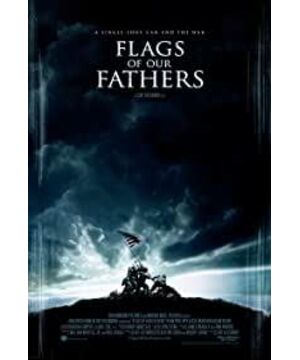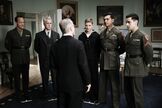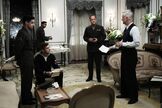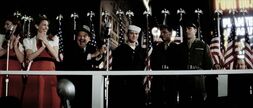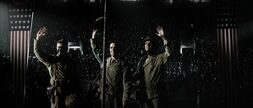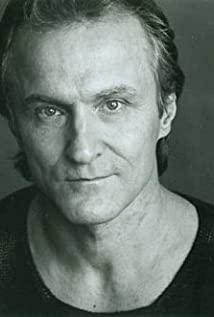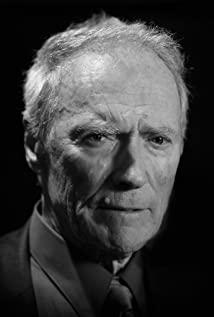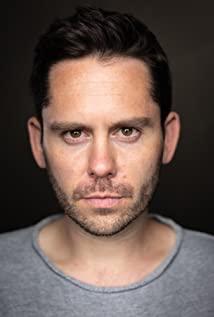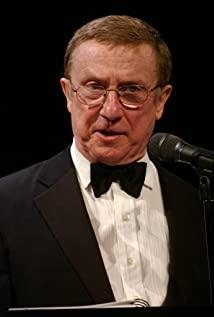Our generation hasn't experienced a war, and most are guessing based on power descriptions. What type of war movie do you watch the most? "Bagaya Road" popped out of my mind. Yes, we watched all the anti-Japanese war movies.
Think of the heroes in your mind. Xiaobing Zhang Ga, Dong Cunrui, and "Then shoot me" (forgot who) Forgive me as a young man in the late 1980s who watched not many war movies, but these mentioned movies, are they true? Or as mentioned in "Flags of Our Fathers": for the promotion of the movie.
Ting Ting Dabie Mountain is the most classic example I know of. It is said that our Red Army fought a hard battle in the Dabie Mountains. There were heavy machine guns on one side of the bridge. After a long journey, our Red Army had to climb up the iron chain bridge that had been demolished and had to hide from dense bullets. Climb to the other end of the bridge. The fact that the Red Army has accomplished such a daunting task is so legendary that it has been written into textbooks. But another version is: There are no enemies on the opposite side of the chain bridge, and the bridge is not rotten. After the Red Army passed easily, Lao Deng thought about it and came up with such a fierce battle story to inspire the troops.
So you believe in legends? Or believe in legends? Still believe in legends?
Surely someone will say, if this story can lift the morale of the army, what's wrong?
Yes, probably not wrong. But the war is over. There is no need to raise morale any more, if we dare not face that history, we will never understand what war really means.
"Flags of Our Fathers" restores a war story. The protagonists of the story did not expose this lie, at least not in the early stages. Maybe they also understand that lies are the need for war. However, at the end of the film, the truth of the matter is restored. Why restore history with a halo? The narration at the end of the video is wonderful enough to answer.
I finally understand that maybe he's right,
maybe there are no heroes at all,
only people like my dad
Heroes are created in response to our needs...
to give us a little understanding of
how anyone would sacrifice so much for us
but to my dad and those soldiers
they risked and hurt
all for their sake Brothers and sisters,
they may be fighting for their country
, but they sacrificed their lives
for their friends. Brothers who fought with them.
If we want to remember these people
, we should remember them as they really are,
just like my dad remembers.
We want to remember these people and remember them. The real appearance, even if there is no halo, is still shining. There must have been times when our parents sacrificed their lives, but certainly not all. If wars are like movies made in our country, no one will understand the true meaning of war. I admire Lao Mei for taking their war heroes down from the altar.
View more about Flags of Our Fathers reviews


